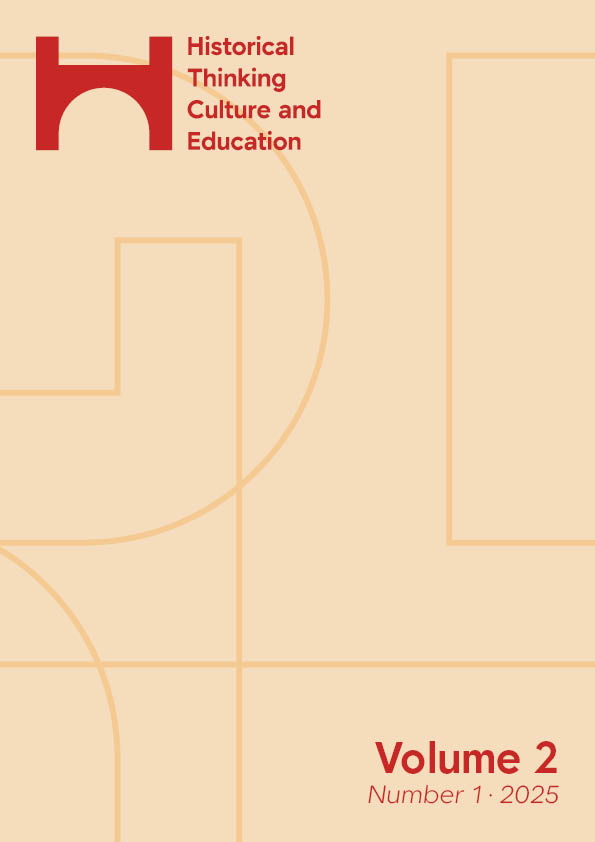Abstract
Teaching about local, difficult pasts can center students, their communities, and civic action. However, doing so poses personal and professional challenges. Drawing from Critical Historical Inquiry and Activity Theory, this study explored how six experienced secondary social studies teachers reasoned about selecting primary sources to teach the history of policing and activism in Detroit. As teachers developed their text-sets, they navigated a variety of tensions related to their instructional goals, beliefs, and knowledge of students’ identities and communities. We focus on two common areas of tension: how to teach the racialized history of Detroit policing while positioning students as sense-makers and while attending to students’ affective well-being. Findings highlight the complex, situated nature of pedagogical reasoning and the promises and challenges of a critical historical inquiry approach to local, difficult history. Findings also underscore the value of teachers’ multidimensional expertise in designing difficult history curricula.

This work is licensed under a Creative Commons Attribution-ShareAlike 4.0 International License.
Copyright (c) 2025 The Author(s)


